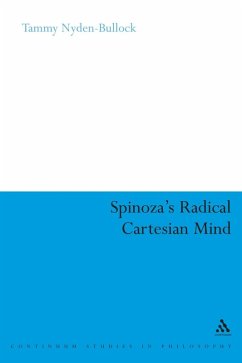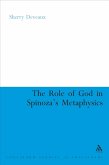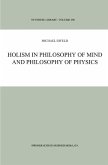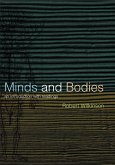Seventeenth-century Holland was a culture divided. Orthodox Calvinists, loyal to both scholastic philosophy and the quasi-monarchical House of Orange, saw their world turned upside down with the sudden death of Prince William II and no heir to take his place. The Republicans seized this opportunity to create a decentralized government favourable to Holland's trading interests and committed to religious and philosophical tolerance. The now ruling regent class, freshly trained in the new philosophy of Descartes, used it as a weapon to fight against monarchical tendencies and theological orthodoxy. And so began a great pamphlet debate about Cartesianism and its political and religious consequences. This important new book begins by examining key Radical Cartesian pamphlets and Spinoza's role in a Radical Cartesian circle in Amsterdam, two topics rarely discussed in the English literature. Next, Nyden-Bullock examines Spinoza's political writings and argues that they should not be seen as political innovations so much as systemizations of the Radical Cartesian ideas already circulating in his time. The author goes on to reconstruct the development of Spinoza's thinking about the human mind, truth, error, and falsity and to explain how this development, particularly the innovation of parallelism - the lynchpin of his system - allowed Spinoza to provide philosophical foundations for Radical Cartesian political theory. She concludes that, contrary to general opinion, Spinoza's rejection of Cartesian epistemology involves much more than the metaphysical problems of dualism - it involves, ironically, Spinoza's attempt to make coherent a political theory bearing Descartes's name.









